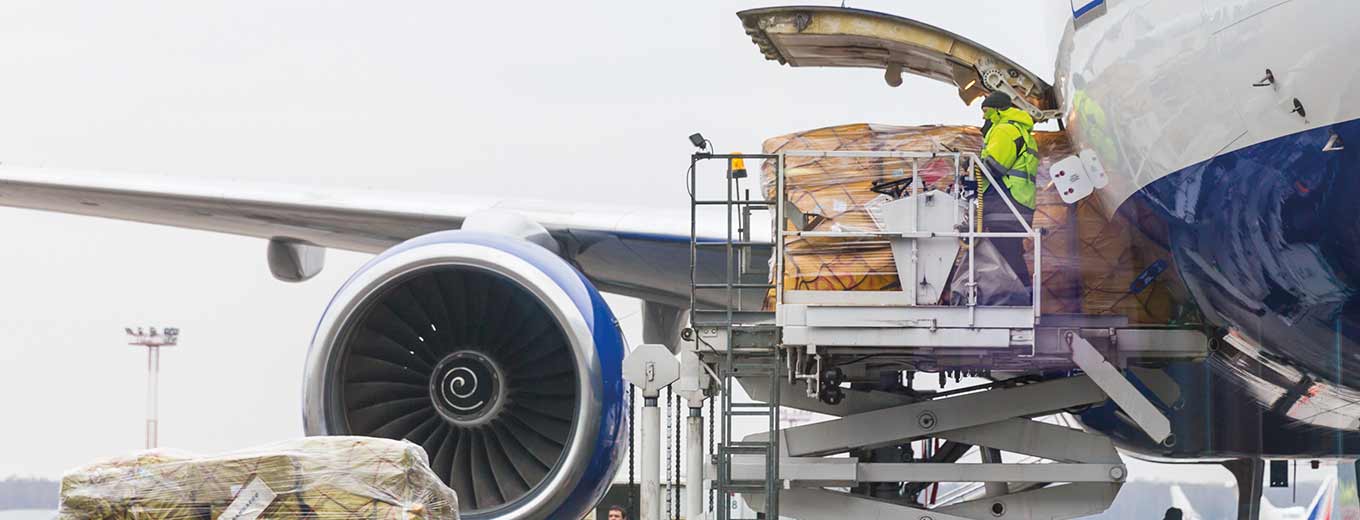Use of air freight technology services is expected to increase by 17 per cent a year between 2018 to 2024, to a total of US$1.7bn, according to global tech advisory company ABI Research.
In its new Air Freight Transportation Technology Trends application analysis report, ABI says trade wars, industry consolidation, overcapacity and rising consumer expectations are adding pressure to freight forwarders and air freight services; so, in addition to safety, the need for transparency and integration are fuelling the growth.
According to the company: ‘Digitising aviation freight services will improve business processes for slot reservations, goods tracking, online quoting and digital invoicing.
‘Air freight carriers are intent on becoming closer to their shippers. At the same time, disruptive vendors including ‘Amazon and Alibaba/Cainiao are growing their presence and influence, poised to drive further integration and consolidation. The digital evolution of modern air cargo will include the larger logistics picture from maritime to rail, over the road, and air, as well as connections to smart warehouses to address greater risk mitigation and margin/recurring revenue opportunities.’
Susan Beardslee, Principal Analyst at ABI Research, said: ‘Beyond analytics and platforms, the international air freight industry will need to redefine the notion of delivery. Emerging opportunities include cold chain enhancements, near real-time visibility, and 30-minute delivers via unmanned aircraft systems. Competitors who do not embrace the evolution and lag behind early adopters will have to face inefficiencies, decreased profits, their partners and their customers.’
According to the report, short-term expectations for transportation are mixed for 2019, although activity in the Asia-Pacific region is forecast to be strong, as well as with speciality service areas. Other sectors that are expanding, include online marketplaces, ground equipment tracking and augmented reality for cargo sizing.

